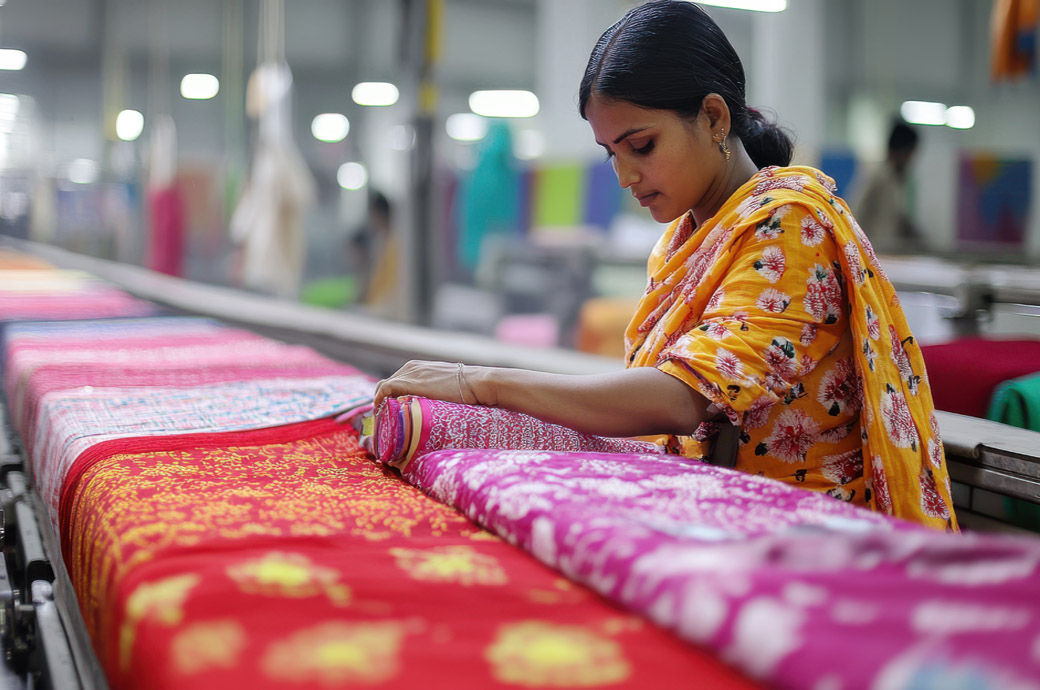
"The downgrade reflects heightened political risks and lower growth, which increases government liquidity risks, external vulnerabilities and banking sector risks, following the recent political and social unrest that led to a change in government," said Moody's in a note.
The ongoing political uncertainty and weakening growth leads Bangladesh to rely increasingly on short-term domestic debt to finance its deficit, raising liquidity risks, it noted.
"Additionally, higher risks to asset quality amplify structurally weak capital and liquidity in the banking system, increasing contingent liability risks for the sovereign," the rating agency said.
Despite improving remittance flows and loan disbursements from development partners, external vulnerability risk remains weaker due to a sustained decline in the reserve buffer over the past years.
"With elevated social risks, the absence of a clear election roadmap, the deterioration of law and order, and the nascent reemergence of community-based tensions also raises political risk," it observed.
It said the negative outlook reflects downside risks to Bangladesh's growth outlook beyond its current expectations, which could further strain the country's already weak fiscal position and exacerbate external vulnerabilities.
"These risks stem from weaker domestic demand and supply disruptions due to recent protests and disruptions to law and order that cloud the export outlook and lower prospects for the ready-made garments sector," it said.
While the interim government remains committed to a broad reform agenda, its capacity to execute remains uncertain, Moody's added.
Fibre2Fashion News Desk (DS)